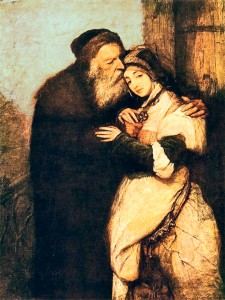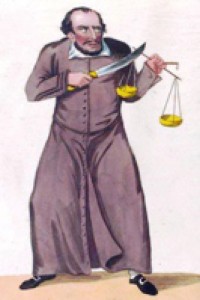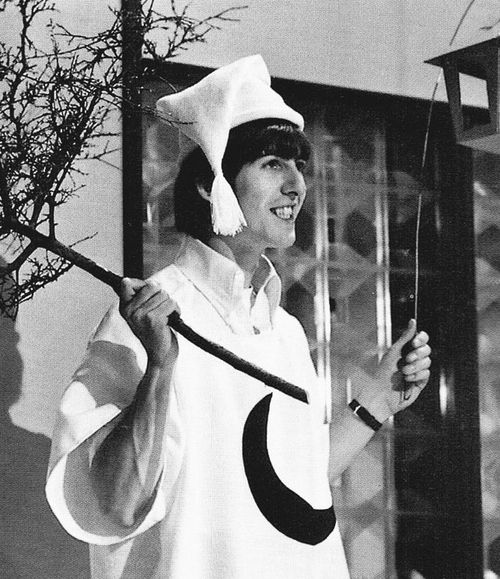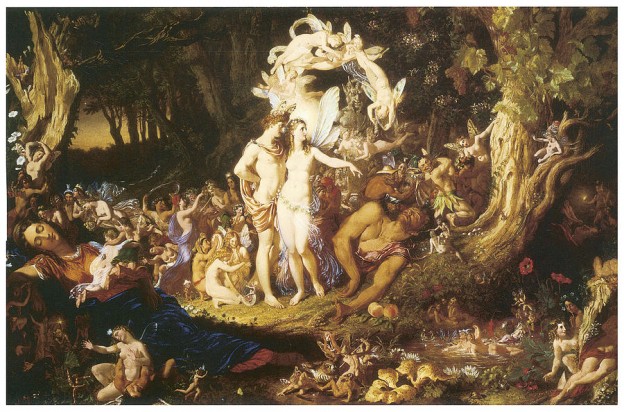
by Maurycy Gottlieb in 1876; hosted on https://en.wikipedia.org/wiki/Maurycy_Gottlieb#/media/File:Shylock_e_jessica.jpeg
Gentle Reader,
What do I mean when I call you “gentle”? Is it out of affection, because you are courteous and polite? Do I consider you a person of distinction? Or am I reflecting on the character of your birth?
And if I am, is it in derision, praise or with the intent of reinventing you?








